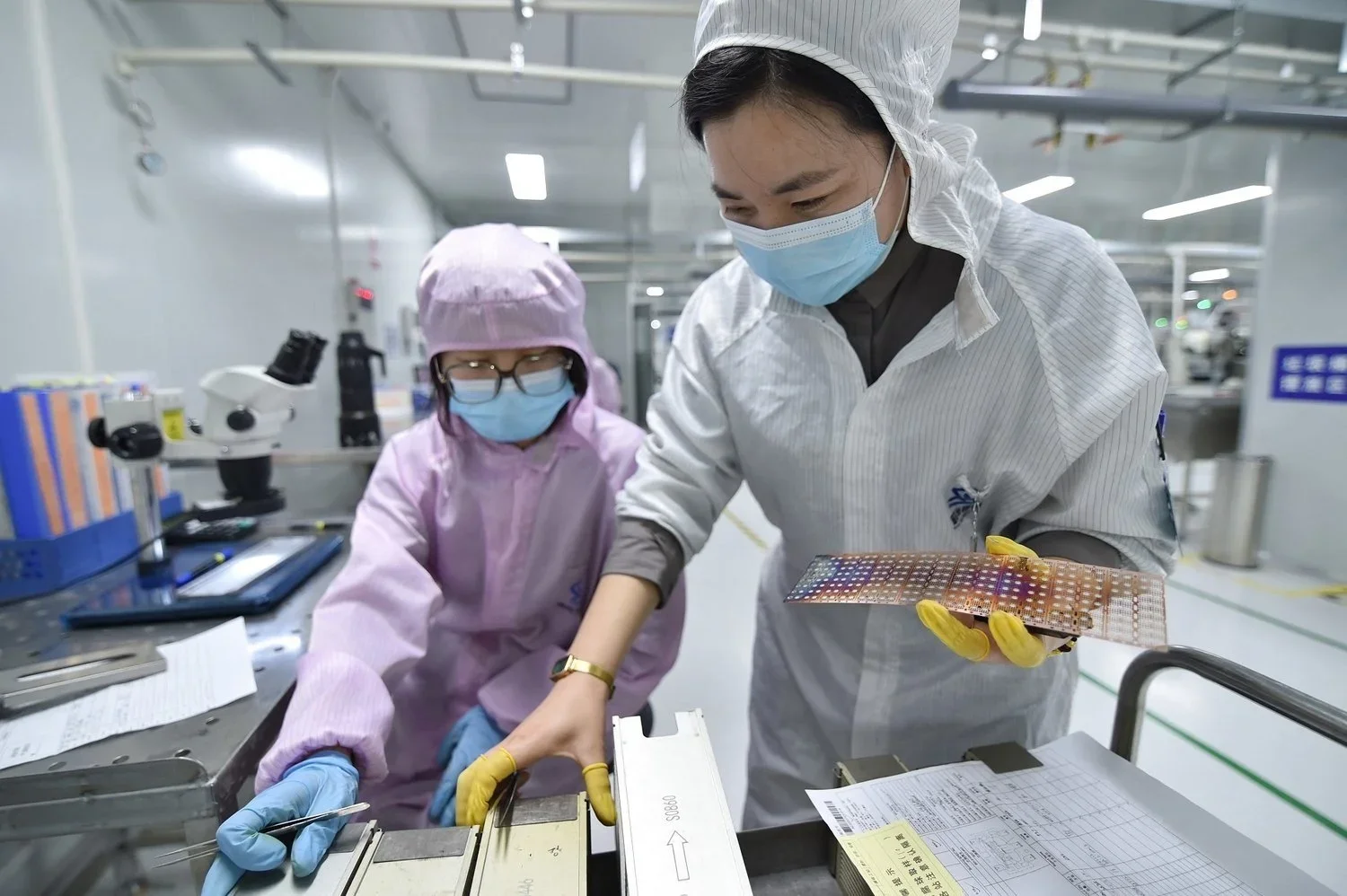The U.S. May Be Overstating China’s Technological Prowess
China’s technological prowess is frequently invoked by U.S. policymakers hoping to get votes, attention, or enough bipartisan support to pass a bill. Competition with China was a central motivating factor in federal legislation like the CHIPS and Science Act and the Inflation Reduction Act, not to mention the work of the House Select Committee on the Strategic Competition Between the United States and the Chinese Communist Party. “Beating China”—specifically in science and technology development—is a key driver of U.S. governance and, ahead of the 2024 presidential race, elections.
George Washington University Assistant Professor of Political Science Jeffrey Ding published a recent article that explains why measuring a state’s scientific and technological power should include not only how many innovations a country can check off, but also the degree to which new technologies are integrated into the economy and society. Ding spoke with Johanna Costigan about his new paper. The following is an edited transcript of their conversation.
Read the whole interview here.
